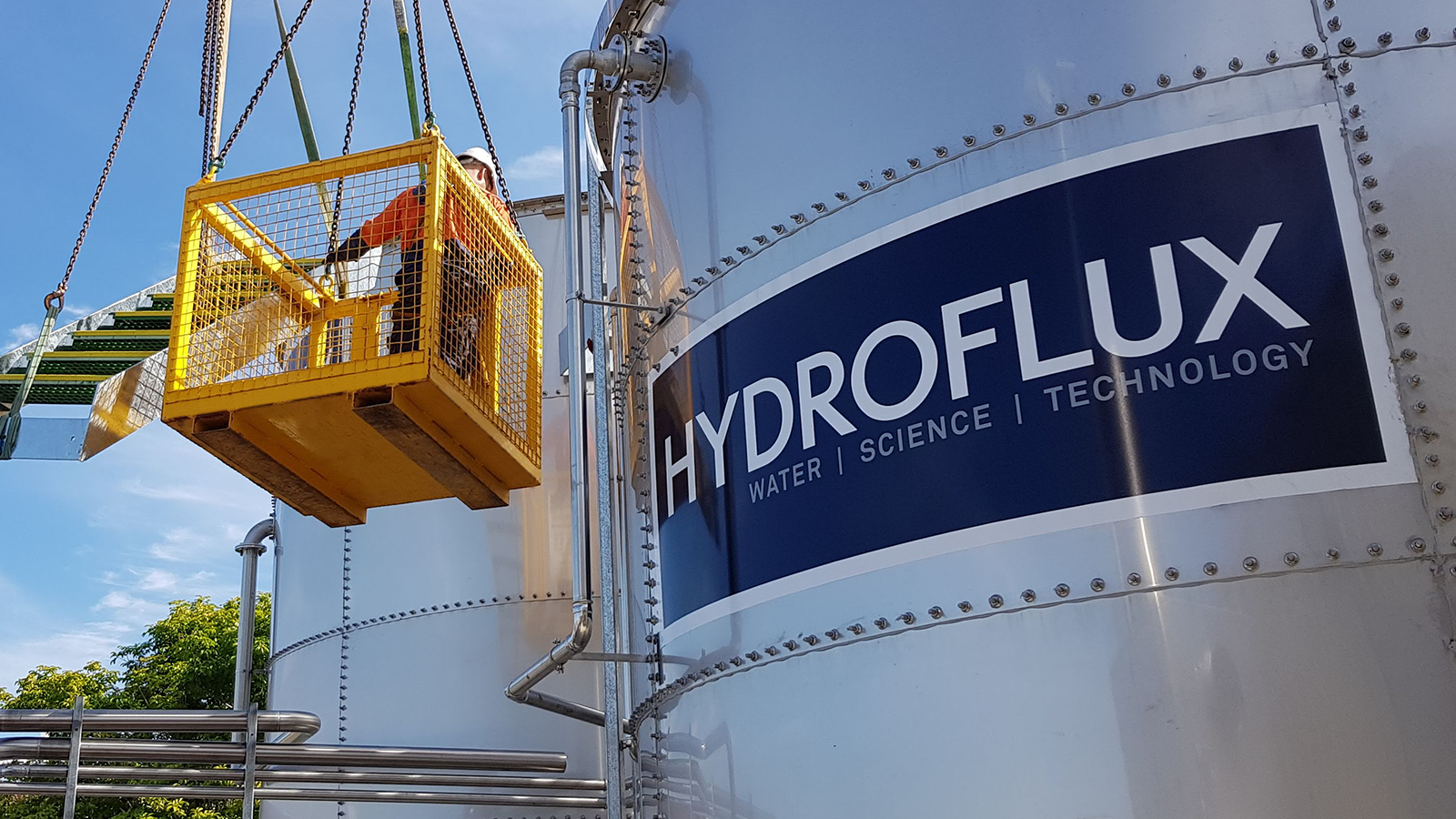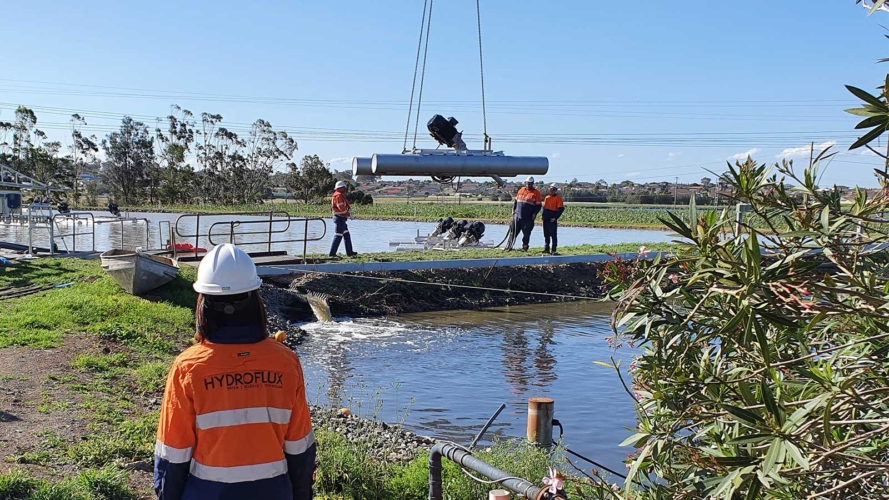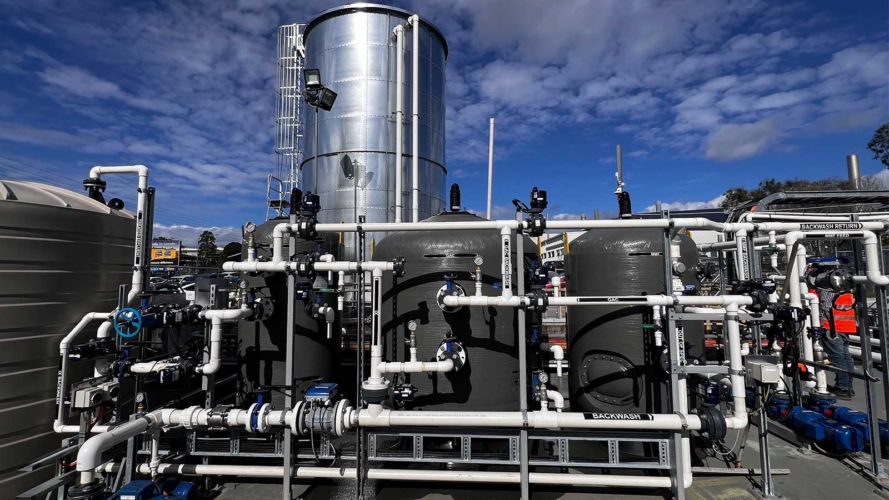
Community
Working with communities and organisations around the world to create positive change has always been a top priority at Hydroflux.
By encouraging employee and family-driven social cause initiatives through our Community Give Back Program, which includes sponsorship and matched donations, we extend our commitment beyond environmental sustainability. Our grants focus on ensuring access to safe drinking water in Northern Uganda villages, and our selection of carbon offsets underscores our broader goal—to make a meaningful impact that transcends our core work in water and wastewater sustainability.

Partnering with the Love Mercy Foundation in their vision to see communities in Northern Uganda thriving independently, by increasing access to health care, clean water, food security and income generation.
With over 200 million hours lost each day in Africa through walking long distances to collect often unclean water, using time that could be spent on education, crop tending and caring for their families the provision of safe water from deep bore village wells is critical to achieving independence and increased health and wellbeing for the inhabitants.

Supporting Cancer Council’s Relay for Life event to raise vital funds for people impacted by cancer.
In Australia, around 134,000 people are diagnosed with cancer every year. They could be our loved ones, our colleagues, or even ourselves. The Cancer Council Relay for Life raises vital funds for cancer research, support services, and prevention programs. It also brings communities together to honour cancer survivors, remember loved ones lost, and fight back against cancer.

Carbon Offsets: A reflection of Hydroflux’s commitment towards energy efficiency and the UN’s sustainable development goals. Our offsets are produced by the distribution of improved high-efficiency cookstoves (ICS) to approximately 25,600 families within 3 districts of Uganda.
Most families living in the area cook with traditional unsustainable three-stone fires which consume large amounts of firewood. A lot of ergonomic time is spent on firewood collection which also causes deforestation and land degradation and is a significant source of greenhouse gas (GHG) emissions.


